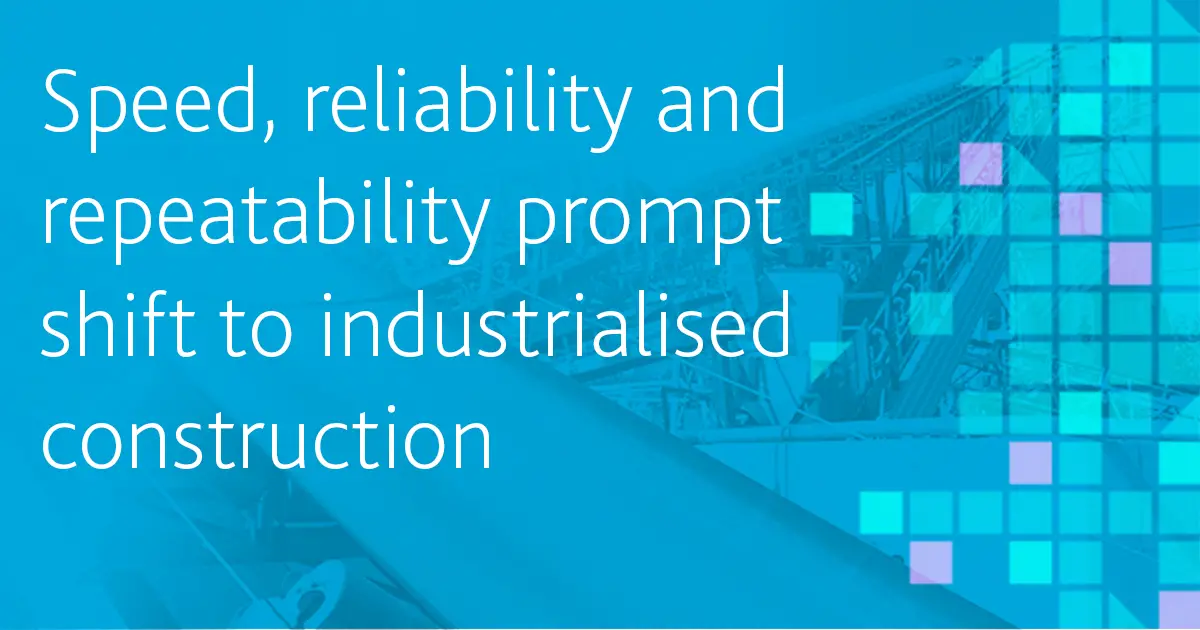Speed

- Cloudflare: Offers global coverage and a highly optimized network with low latency and fast response times.
- Fastly: Known for its edge caching capabilities and ability to accelerate website and application performance.
- Akamai: Provides a large, distributed network with high bandwidth and content delivery speeds.
Reliability

- Akamai: Boasts a highly resilient and reliable network with multiple redundancies and 24/7 monitoring.
- CloudFront: Part of Amazon Web Services (AWS), CloudFront offers high availability and scalability with a global infrastructure.
- Fastly: Ensures redundancy and uptime through geographically dispersed data centers and automatic failover mechanisms.
Security

- Cloudflare: Provides comprehensive security measures including DDoS mitigation, WAF (Web Application Firewall), and CDN encryption.
- Akamai: Offers advanced security features such as CDN-based WAF, DDoS protection, and zero-trust architecture.
- Fastly: Incorporates security protocols like TLS encryption, IP whitelisting, and rate limiting to protect against cyber threats.
Key Considerations
- Content Type: The type of content (e.g., video, images, text) influences the choice of CDN. Some CDNs specialize in specific content types.
- Geolocation: The geographic regions where your audience is located should be considered when choosing a CDN with global coverage.
- Pricing Model: CDNs offer different pricing models based on factors such as bandwidth usage, storage, and features.
- Customer Support: Reliable and responsive customer support is crucial for resolving any technical issues or optimizations.
Performance Comparisons
Performance measurements vary depending on factors such as location, content type, and network conditions. Here’s a general comparison:
- Speed: Cloudflare and Fastly tend to excel in reducing latency and improving response times.
- Reliability: Akamai is known for its exceptional uptime and resilience, making it suitable for critical applications.
- Security: All three CDNs provide robust security features, but Akamai offers advanced protection options and is a preferred choice for enterprise-grade security.
Overall
Cloudflare, Fastly, and Akamai are leading CDNs offering high performance, reliability, and security. The choice depends on your specific requirements and the type of content you serve. Cloudflare is recommended for overall speed and security, Fastly for content acceleration and optimization, and Akamai for enterprise-level reliability and advanced security.## Comparing CDN Performance: Who Leads In Speed, Reliability, And Security?
Executive Summary
Content Delivery Networks (CDNs) play a vital role in optimizing website performance, reliability, and security. This comprehensive analysis scrutinizes the leading CDN providers in the market, evaluating their metrics, features, and capabilities to determine the top performers in these crucial aspects.
Introduction
In today’s digital landscape, website performance is paramount. CDNs have emerged as powerful tools, distributing content from multiple servers across the globe, reducing latency and enhancing user experience. However, choosing the right CDN can be daunting given the vast array of options available. This article delves into the intricacies of CDN performance, comparing the top providers to help businesses make informed decisions.
FAQs
1. What is a CDN, and how does it work?
A CDN is a network of geographically distributed servers that cache and deliver content to users based on their location. By reducing the distance content travels, CDNs minimize latency, delivering lightning-fast content to end-users.
2. Why is CDN performance important?
CDN performance directly impacts website speed, reliability, and security. Improved performance reduces page load times, enhances user engagement, and boosts conversion rates. Reliable CDNs minimize downtime and ensure consistent availability, while robust security features protect websites from malicious attacks.
3. What factors should I consider when choosing a CDN?
When selecting a CDN, evaluate its global reach, server infrastructure, caching capabilities, security features, traffic management tools, and customer support. These factors determine the CDN’s ability to deliver high-quality content, maintain reliability, and provide comprehensive protection.
Subtopics
Speed
Speed is paramount in determining CDN performance. Latency, or the time it takes for content to reach users, is a critical metric. The following factors contribute to CDN speed:
- Global Server Network: Vastly distributed servers ensure content delivery from the closest location, minimizing latency.
- Caching Techniques: Advanced caching mechanisms store frequently accessed content, reducing the time required to retrieve it.
- Network Optimization: CDNs employ techniques like load balancing and route optimization to minimize congestion and maximize delivery speeds.
- Content Compression: Compressing content reduces its size, allowing it to transfer faster.
- HTTP/2 and QUIC Support: These protocols enhance network performance by reducing latency and optimizing data transfer.
Reliability
Website downtime can be costly and damage reputation. Reliable CDNs provide consistent performance and uptime guarantees. Consider the following aspects:
- Service Level Agreements (SLAs): CDNs offer SLAs that guarantee performance, uptime, and support levels.
- Redundant Infrastructure: Redundant servers ensure continuous content delivery even during outages or technical issues.
- Proactive Monitoring: Constant monitoring detects and addresses potential problems before they impact performance.
- Incident Response Time: Fast response times minimize downtime and quickly resolve any performance issues.
- Historical Uptime Data: Track the provider’s uptime history to assess their reliability track record.
Security
CDNs play a crucial role in protecting websites from malicious attacks. Comprehensive security measures ensure data integrity and website availability. Key security features to consider include:
- Web Application Firewall (WAF): A WAF blocks malicious traffic and protects against vulnerabilities like SQL injection and cross-site scripting.
- SSL/TLS Encryption: Secure Sockets Layer (SSL) and Transport Layer Security (TLS) encryption protects content during transmission, preventing unauthorized access.
- DDoS Protection: DDoS mitigation techniques shield websites from distributed denial of service attacks.
- IP Blacklisting: CDNs blacklist malicious IP addresses to prevent unauthorized access.
- Compliance with Security Standards: Look for CDNs that comply with industry-recognized security standards like ISO 27001 and PCI DSS.
Cost
Pricing models for CDNs vary, and it’s essential to consider cost when making a decision. Factors that influence pricing include:
- Bandwidth Usage: Most CDNs charge based on the amount of data transferred.
- Server Locations: The number and location of servers used can impact pricing.
- Features and SLAs: Advanced features and higher uptime guarantees may come at a higher cost.
- Contract Length: Long-term contracts typically offer discounts but limit flexibility.
- CDN Tier: Some providers offer tiered pricing plans with different performance and feature levels.
Customer Support
Responsive and knowledgeable customer support is crucial for resolving issues and optimizing CDN performance. Evaluate the following:
- 24/7 Availability: Round-the-clock support ensures prompt assistance in case of emergencies or performance issues.
- Multiple Support Channels: Offer support via phone, email, chat, or ticket system for convenient troubleshooting.
- Technical Expertise: Ensure that support staff possesses the necessary technical expertise to resolve complex issues.
- Customer Testimonials: Positive customer testimonials indicate a provider’s commitment to support excellence.
- Online Documentation and Resources: Comprehensive documentation and online resources provide self-help options for common issues.
Conclusion
Choosing the right CDN is vital for enhancing website performance, reliability, and security. By carefully considering the factors outlined in this article, businesses can make informed decisions that align with their specific needs. The top performers in speed, reliability, and security emerge as the clear choice for organizations seeking to optimize their digital presence and deliver exceptional user experiences.
Keywords
- CDN performance
- CDN comparison
- Content Delivery Network
- Website optimization
- Website security
